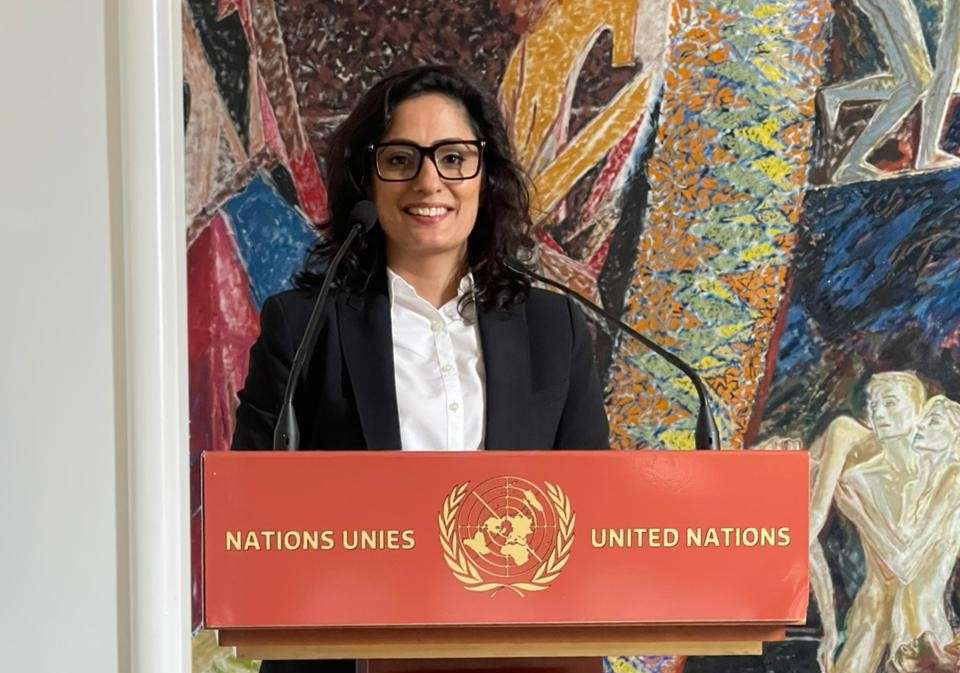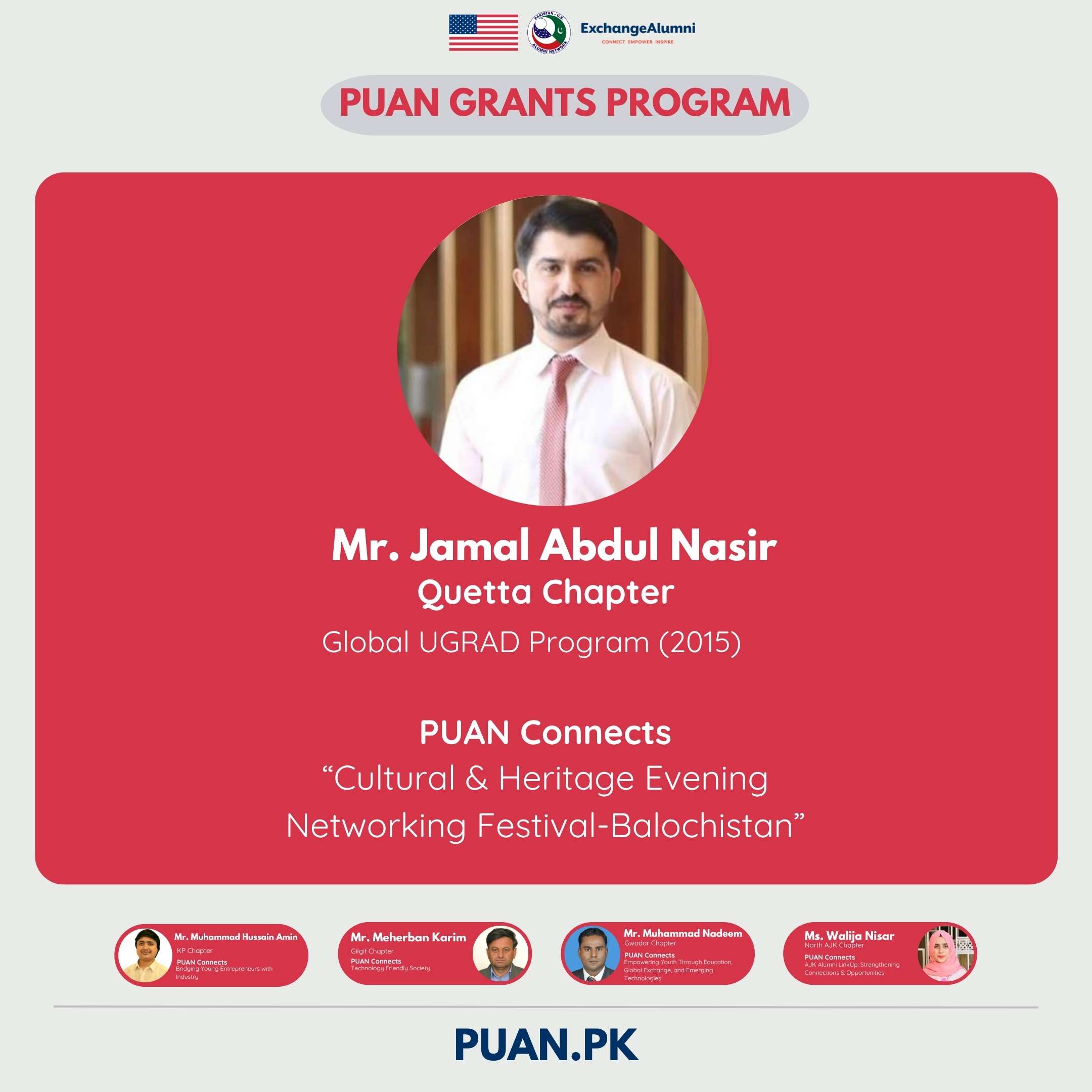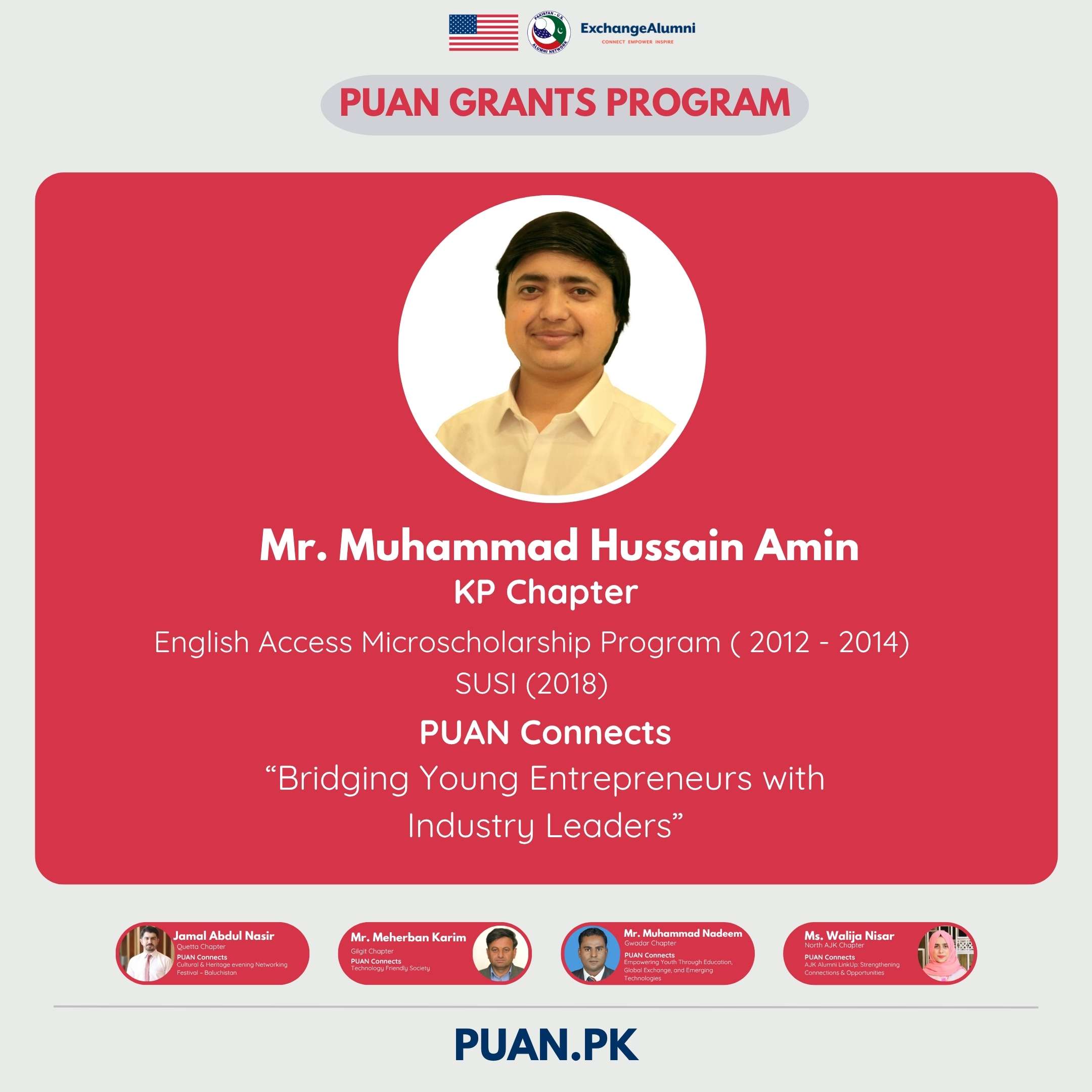By Rimsha Ali Shah.
Being a bystander in his own classroom was a new role for Waquas, but one that he cherished more than ever.
At the head of the classroom stood Kajol, a student of grade ten at Government Girls High School, Shahdatkot. Kajol had undergone a five-day extensive training program where she learned all about five key elements of civic education: health skills, conflict resolution skills, citizenship skills, self-management skills and social skills.
Kajol’s poise in the classroom was a clear indication of her command over what she had learned over the five-day mentorship period. She had been selected in the 30 student-mentors’ cohort after a grueling application process.
“Scrub your hands for at least 20 seconds”, she instructed her students taking the health skills workshop.
For Waquas Ahmed, the empowered mentor before him was a clear indication of the change he had envisioned his project would bring about. An alumnus of the Teaching Excellence Program (TEA), Waquas had seen civic education in action during his exchange program. “The lack of civic education integration in school curriculum is preventing our young minds from gaining the education that will help them transform lives.”
With the aim to create a youth force that empowers others through civic education, Waquas designed his three-month long project “Youth for Change” for young girls studying at the government schools in Shahdatkot. This was made possible with the help of an alumni small grant from the Pakistan-U.S. Alumni Network (PUAN). All alumni of various U.S. government-sponsored exchange programs in Pakistan are eligible to apply for the grant of up to 5,000 USD to enable them to give back to their communities.
Creating Student Leaders
Saman, Jiya and Barkha were in a fix; the situation before them was a tricky one, after all, and required sharp judgment and collaborative actions to diffuse the situation before them. Their trainer had put in charge of sorting through a hypothetical neighborhood conflict, using the social skills they had learned.

Having recently attended the PUAN International Education Conference, Imtiaz Ali Shah, the trainer of the workshop on social skills felt equipped to effectively train the student leaders. “The girls were all such quick learners! I can confidently say they are equipped to handle tricky situations tactfully, especially how they maneuvered through the role-playing.”
Imtiaz Ali Shah, a TEA alumnus, was among the group of six trainers who mentored 10 teachers and 30 female students as part of the project. Through five sessions, each master trainer deployed latest pedagogical methods adapted to suit the local learning culture in the schools. Interactive learning through group brainstorming sessions and energizers were key components of the method of delivery.
“I designed my workshops to deliver practical, hands-on experience to students on how to wash their hands, take care of their personal hygiene and how to handle minor cases that require First-Aid treatment,“ said Dr. Razia Sultana Lanjwani who conducted a workshop on health skills.

“There was no such awareness in our schools on such issues. Now, students are so much more careful about cleanliness in the classroom than before. I can see the change before my eyes in my students!”
Mrs. Irshad was also among the 10 teachers trained through this project. “This program has created student leaders. Our girls are now invited to conduct similar sessions in other schools in Shahdatkot.”
The “Youth for Change Club” was created as part of the sustainability plan for this project. All the trainers and mentors who received the workshop training have the opportunity to impart their learning on a larger scale, by visiting other private and government schools in the district. Close to 1000 young girls have been educated and empowered by the group of 30 young student leaders and 10 teachers.

For Waquas, this project was a reminder of the best practices he had hoped to replicate from his exchange program in his hometown. “When I used to come to teach, I always felt the absence of civic sense in the curriculum affect the learning imparted to students. But now, when I see the requests to conduct these sessions in other schools, I feel hopeful and determined to continue with this cycle of learning.”





